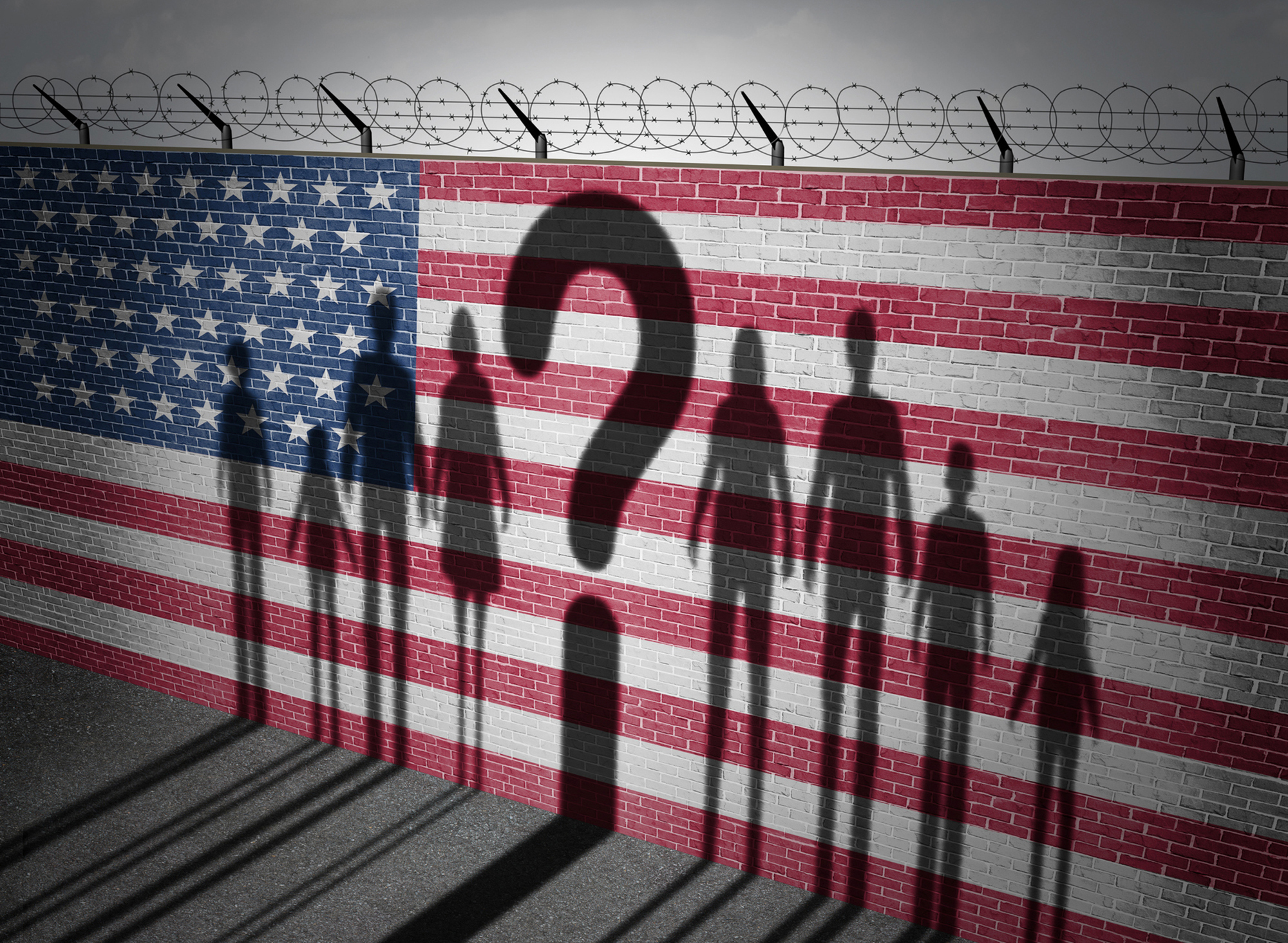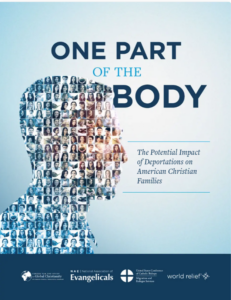
PUERTO CABEZAS, Nicaragua (BP)–As Nicaragua’s Miskito Indians try to reclaim their hardscrabble existence from the ravages of Hurricane Felix, Southern Baptists are making a difference for the poorest families among this poverty-stricken people.
When Felix slammed into the country’s coastline near the Honduras border on Sept. 4 of last year, 160 mph winds leveled the rickety houses in its path. Fruit trees — a crucial food source for the Miskito — were uprooted; rice and bean crops were washed away. For people who barely eke out an existence in the good times, Felix was a catastrophe.
An estimated 120,000 Miskito people rode out the storm, which dumped as much as a foot of rain on the swampy coastal land. The rainforest was so badly ravaged that a one-hour trek from their villages to their planting fields took four hours, said David Brown, the International Mission Board’s disaster relief coordinator for the region.
“As people tried to make their way to population centers for help, the debris kept them from being able to carry much of anything,” Brown reported. “Wild animals were coming into towns and villages looking for food. Without trees, winter rains would keep the rivers in flood stage, making it impossible to replant crops.”
Southern Baptists responded to the crisis almost immediately, sending a chain saw team from the Baptist General Convention of Texas into Puerto Cabezas, where roads were laden with fallen trees and branches, preventing relief supplies from getting into town. As missionaries Jim and Viola Palmer were able to connect with leaders in nearby villages, they began trying to identify families in greatest need of help.
“We asked the village elders to help us identify the people who were most needy,” said Palmer, who has served in Nicaragua since 1990. “We told them we would provide all the building material and labor to build homes for those who were unable to work for themselves or had no means of helping themselves. The elders actually chose who would receive the new homes.”
Baptist Global Response, a Southern Baptist international relief and development organization, coordinated funding and volunteers for the recovery project Palmer proposed — building 75 homes in six months. An initial distribution of $43,500 provided basic food and supply needs in the immediate aftermath of the storm. Another $113,000 allocated for the reconstruction project included $38,300 for a “food for work” program that provided local labor to help with cleanup and building.
When an 11-member volunteer team from Kentucky arrived in the area in late March, they were saddened to see the dire need of families in the area, almost seven months after the storm.
“One thing that stood out to me was there wasn’t any doubt we were working among ‘the least of these,'” said Coy Webb, the Kentucky Baptist Convention’s disaster relief associate. “One lady we built a home for had been living on a vacant lot with a blue tarp over it.
“What we were putting up was a very simple structure — a 16×20 wood frame home with three rooms, built on stilts — and honestly, some of us have outbuildings that would probably be as big as what we were building. But she was thanking us over and over for what we were doing and the tears running down her cheeks showed us just how appreciative she was for our help.”
A team from the Southern Baptists of Texas Convention, led by Larry Shine, pastor of Pine Forest Baptist Church in Onalaska, built six houses in that area earlier in the month. As they completed the fourth one, the widow who was receiving it cried out to friends standing nearby, “Look at all my brothers who have come to help me when I had no one else.”
The cost of the simple homes was driven down dramatically by using the trees felled by the storm, said Charlie Simmons, a retired director of missions from Mayfield, Ky.
“Jim Palmer had a couple of portable sawmills and he got permission from the government to use the trees blown down during the hurricane,” Simmons said. “They were cutting those trees into lumber that we were using to build the houses.”
With multiplied thousands of families left homeless by the storm, a person might be discouraged about the possibility of making a significant difference, but the 75 houses being built by volunteers over the course of six months transformed the lives of those who received them, said Ray Fultz, a member of Crestwood Baptist Church in Frankfort, Ky.
“The blue tarps there reminded me so much of Katrina,” Fultz said. “It just eats at your heart, but you do everything you can. A pastor told me years ago, ‘Ray, you help people one at a time. That’s all you can do.’
“Whatever avenue we have available to us, we need to pursue it. Everybody needs to know how much the Lord loves them.”
–30–
Mark Kelly is an assistant editor with Baptist Press.














